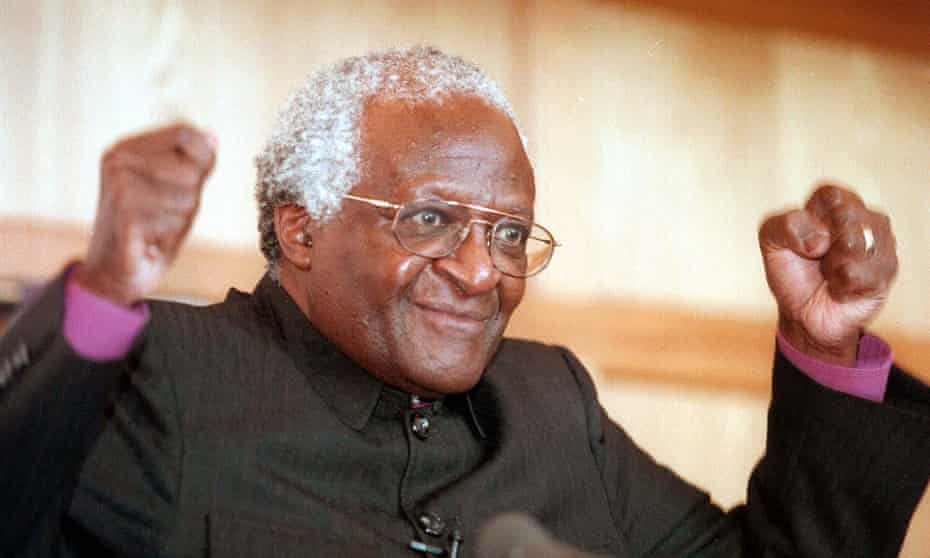People of many different nationalities and cultures make up our wonderful congregation at St C’s. This was especially emphasised at Easter when congregation members publicly gave Easter greetings in over twenty languages! Not surprisingly among us we find different outlooks to life.

Chatting after Mass recently with someone from East Africa I was a little puzzled at the structure of his family he was describing. I mentioned this to him and received the, to me, arresting reply, ‘It’s because my father is polygamous.‘ His father is also a leading person in his Anglican congregation. I was reminded of an earlier conversation with one of the Roman Catholic SMA fathers who told me when he worked in West Africa a prominent member of the congregation often attended church social gatherings with his wives…
It has always intrigued me that some Anglicans believe in reincarnation, the founder of the Samaritans, Fr Chad Varah, being one. I was talking about this to a Nigerian member of our church who told me that, following common Nigerian understandings, his family believed him to be the reincarnation of his grandfather, and so he carried some of his grandfather’s names. The family are staunchly Christian and mainly Anglican.
I discussed this with Fr Admos who often helps me to understand African ways of looking at things. He talked of how Shona traditional views and practices relating to life and death coexist with Anglicanism in Zimbabwe. He gave an example, cited in the PhD thesis of the Zimbabwean Bishop Wilson Sitshebo, of a funeral of an Anglican priest. Before the funeral Shona traditional customs were carried out relating to visiting and preparing for the funeral, then the Bishop attended and took the funeral according to Anglican rites and after he had withdrawn, but with his full knowledge, a local practitioner carried out traditional pre-Christian rites and ceremonies.
This openness, by local bishops and others, to local indigenous beliefs alongside what is often quite traditional Anglicanism is a witness to a breadth and generosity in Anglicanism. A generosity and openness which sadly appears to be diminishing. Indeed in some circumstances quite the reverse happens – the ‘off the Christian centre’ views and traditions are sometimes tacitly accepted but ignored, or in some cases they are sharply condemned.
Modern research, of the kind of Bishop Sitshebo’s, is revealing what he describes as ‘a confrontational and condemnatory approach by some Christians’, behind which is often a feeling of racial superiority. On the other hand the Bishop points to a willingness, especially on the side of traditional African religions practitioners to a mutual dialogue through sympathetic interaction with Christianity, with a view to each enriching the other. Bishops like Bishop Sitshebo encourage such open and generous dialogue.
It would be lovely if there could be a safe space for sharing on such matters by bishops at the current Lambeth Conference. Views, practices, and insights on, for example, the different Anglican approaches to polygamy, reincarnation, and traditional African religions, could help inform sympathetic discussion on Anglican generosity and inclusion. This would help in appreciating and learning from those who are different, and welcoming variety. Insights from different parts of the Anglican Communion on such matters would enrich and inform. Hopefully the sensitive and accommodating pastoral insights gained could also inform other discussions for example on LGBTQ+ matters …
Fr Ian












